When it comes to transporting goods across states, especially to a destination like Florida, the logistics of using a semi-trailer can raise many questions. A particularly vital query that business owners and truck operators often pose is: “Can I take a 57 semi trailer to Florida?” In this guide, we will dissect not only the legality of bringing a 57′ semi-trailer into Florida, but also delve into the regulations, potential road restrictions, and practical considerations to ensure a smooth journey.
Legality of Using 57′ Semi-Trailers in Florida
Understanding DOT Regulations
Florida operates under strict regulations set forth by the Department of Transportation (DOT). The maximum allowable length for a semi-trailer is a pivotal aspect of these regulations.
| Type of Trailer | Maximum Length |
|---|---|
| Semi-trailer | 53 feet |
| Truck-tractor | No length limit |
| Overall Vehicle Length | 65 feet (maximum) |
From the table, it becomes clear that a 57′ semi-trailer surpasses the legal limit for trailers in most cases, especially since the standard semi-trailer is capped at 53 feet. Therefore, utilizing a 57′ semi-trailer in Florida may directly conflict with state regulations.

Exceptions to the Rule
While Florida maintains strict standards, there are situations where exceeding the standard lengths may be permissible. For instance, permits can be obtained for special hauling operations.
Special Permits: If your load requires a longer vehicle, apply for a special permit through the Florida DOT. This may involve providing details about your load, your route, and any safety measures you’ll undertake.
Heavy Hauling: In some instances, those engaged in heavy hauling may receive exemptions under certain conditions, provided they comply with safety regulations.
State-Specific Restrictions for 57′ Semi-Trailers
Roadway Restrictions
Certain roads in Florida have specific limitations on the types and lengths of vehicles that can travel on them.
Designated Routes: Only approved highways can accommodate longer vehicles, and their dimensions should adhere to local guidelines.
Low Clearance Areas: Navigating through urban areas may lead to challenges due to overhanging structures and tight turns, often requiring a different route to be planned.
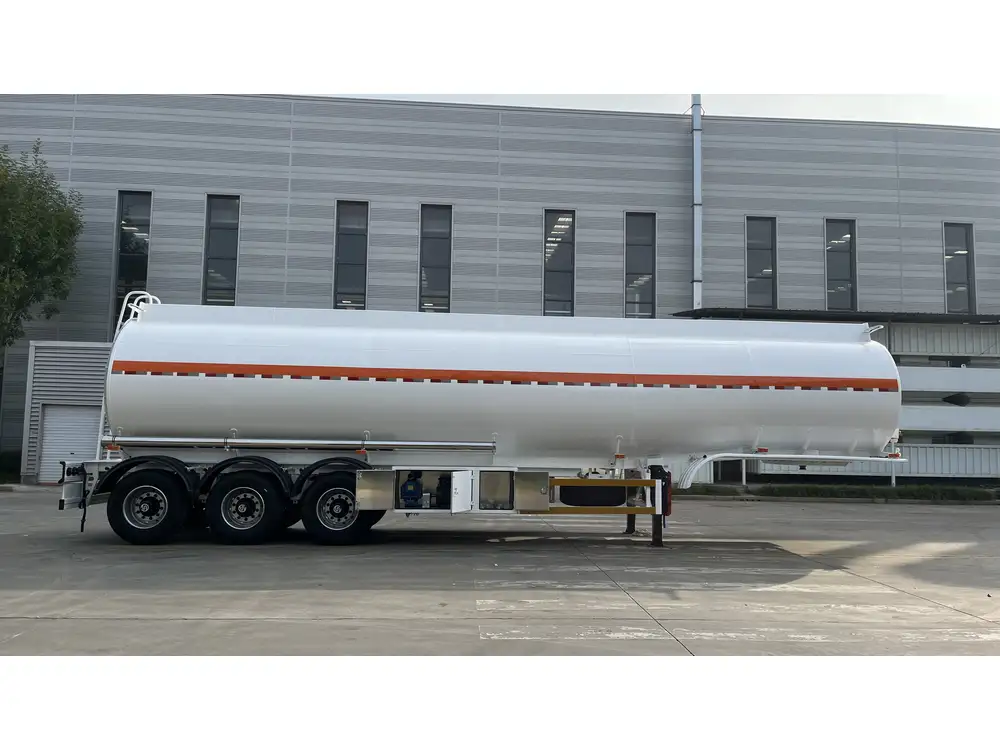
Weight Considerations
Florida follows the standard federal guidelines for vehicle weight limits, which can also impact the usability of a 57-foot semi-trailer.
Federal Limits: Without the necessary permits, a semi-trailer must adhere to:
- Single Axle: 20,000 pounds
- Tandem Axle: 34,000 pounds
- Gross Vehicle Weight (GVW): 80,000 pounds (includes truck plus trailer)
It’s essential to be aware that a higher weight might require additional permits, thus complicating the ability to operate legally.
Practical Considerations for Transporting Cargo to Florida
Route Planning
A pivotal step before deciding to take your 57′ semi-trailer to Florida includes thorough route planning. Here are considerations to keep in mind:
Research Approved Routes: Consult the Florida DOT map for designated routes allowing semi-trailers exceeding the standard size.
Check for Construction Areas: Assess current construction projects that may obstruct your path.
Accommodate Weight Limits: Prioritize highways that can handle the weight of your cargo.
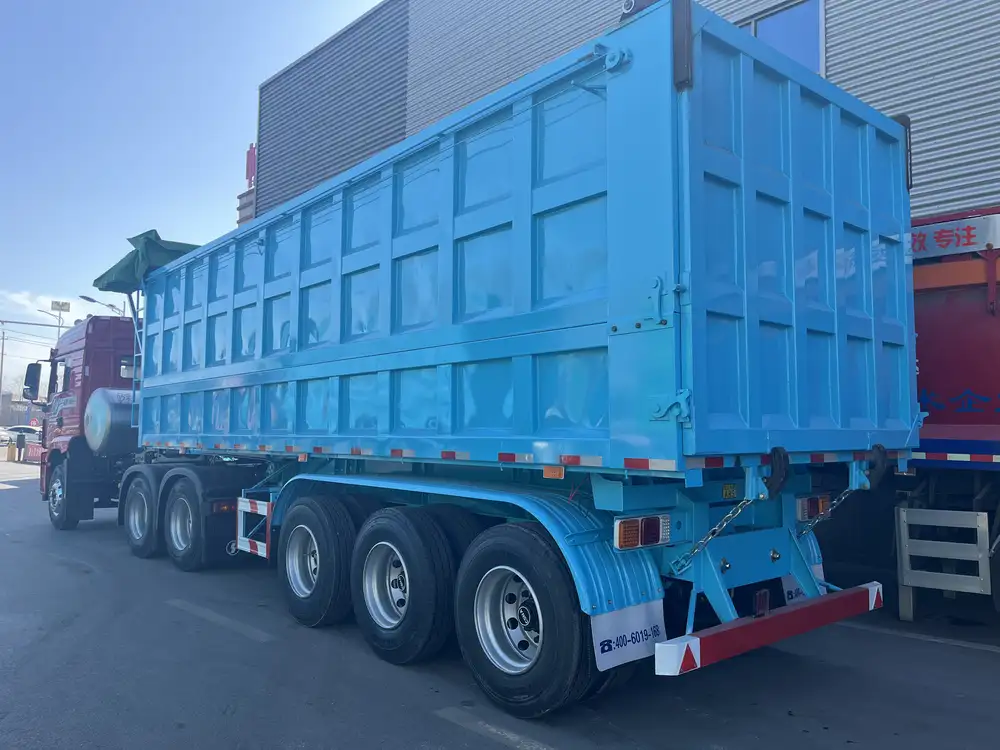
Utilizing GPS for Trucking
Modern technology, particularly GPS systems tailored for trucking, can greatly assist in route planning by providing real-time updates about road conditions, weight restrictions, and height clearances. This can help avoid pitfalls on the journey to Florida.
Cost-Effective Solutions for Transportation
Factor in the Cost of Permits
Before proceeding with your plan, ensure you factor in the cost associated with obtaining permits.
Permit Fees: Vary based on the size of the load and the type of permit required.
Insurance Costs: Increased liability insurance may be required for longer transports.
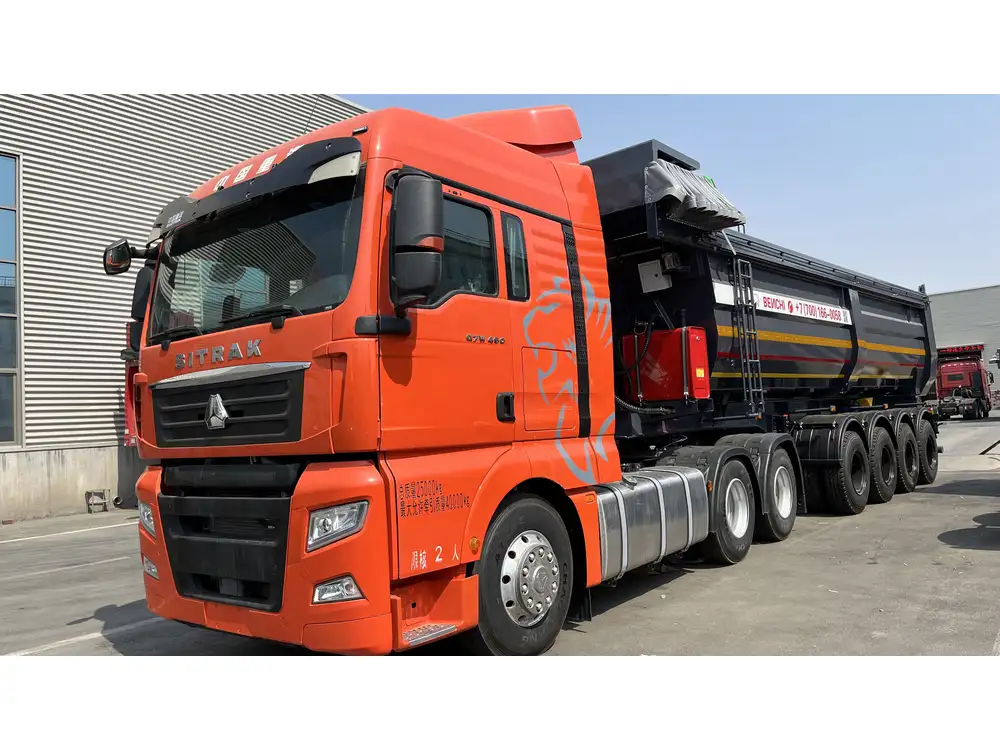
Evaluate Load Options
If transporting a standard load, considering alternative trailer options might be prudent.
53′ Semi-Trailers: These are more widely accepted and reduce the bureaucratic hurdles surrounding permits.
Specialized Transport Services: Companies that specialize in oversized loads are equipped to handle logistics and can navigate regulations efficiently.
Collaborate with Regulatory Bodies
Maintaining open lines of communication with local transportation authorities is critical. They can provide up-to-date information on regulations, permits, and temporary restrictions.
Safety Considerations When Transporting a 57′ Semi-Trailer
Transporting an oversized semi-trailer inherently carries increased safety risks. Here are steps to mitigate these risks:

Training and Licensing
Driver Training: Ensure your drivers are trained in handling larger trailers, focusing on turning radius, stopping distance, and height awareness.
Proper Licensing: Verify that drivers possess the necessary commercial driver’s license (CDL) for the size of the vehicle.
Equipment Check
Regular inspections and maintenance of the trailer and hauling vehicle should be prioritized. Critical components include:
Brakes: Check for proper functioning.
Lights & Signals: Ensure visibility and signaling are adequately maintained.
Tires: Inspect for wear and provide necessary replacements.
Conducting Pre-Trip Inspections
Before embarking on a journey, conducting a thorough inspection is necessary. A checklist may include:
- Ensure lights function properly.
- Check tire pressure and tread.
- Confirm load security.
- Inspect braking mechanisms.
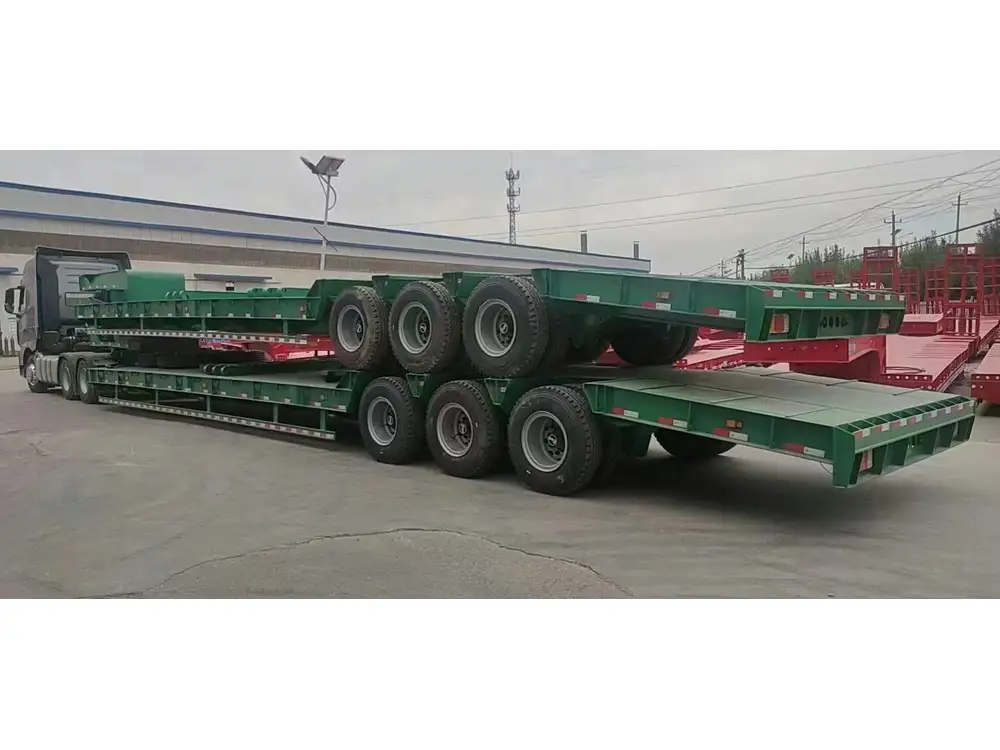
Emergency Preparedness
Have an emergency kit aboard the semi-trailer to address unexpected situations. Include:
- First-aid supplies
- Basic mechanical tools
- Flares and reflective triangles
Understanding the Implications of Exceeding Restrictions
Legal Ramifications
Failing to comply with Florida’s legal requirements can lead to stringent consequences.
Fines: Operating without the necessary permits can lead to severe fines.
Vehicle Impoundment: Authorities may impound your vehicle until compliance is achieved.
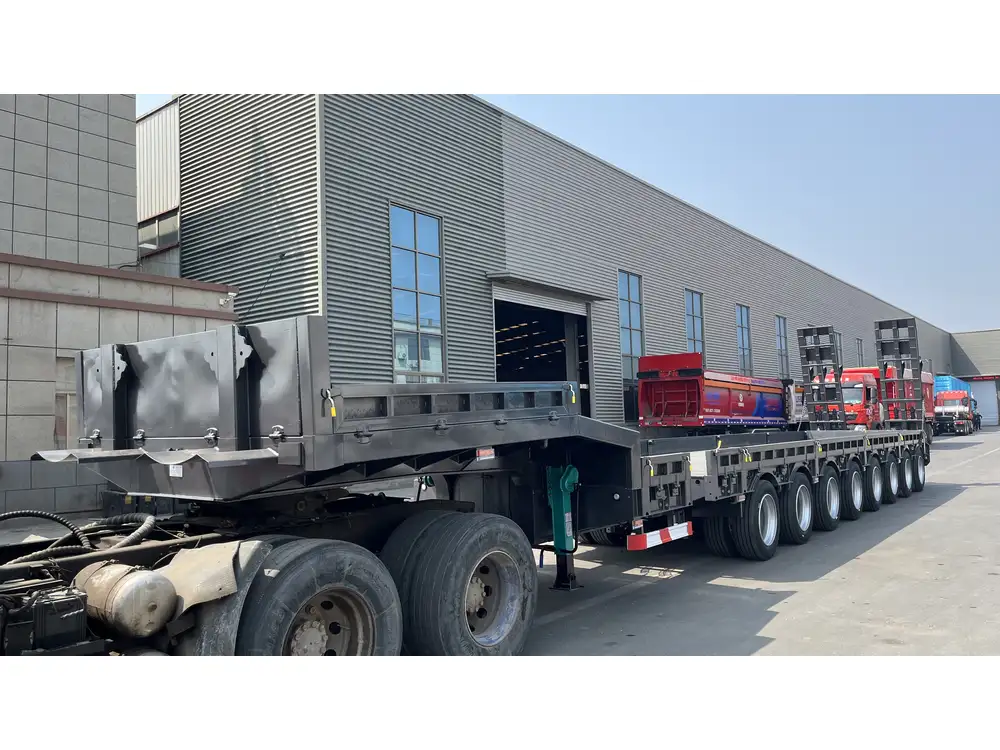
Operational Delays
Legal issues can cause significant delays impacting delivery timelines. This may result not only in monetary loss but can also affect customer relationships.
Conclusion
Navigating the complexities of transporting a 57′ semi-trailer to Florida is fraught with legal nuances and logistical considerations. The potential for operating this type of trailer exists, but it demands a firm understanding of both state regulations and safety protocols.
By diligently planning routes, acquiring the proper permits, and prioritizing safety, businesses can ensure compliance while maintaining efficient operations. In the ever-evolving landscape of transportation logistics, the key to successful operations lies in informed decision-making and proactive engagement with relevant authorities.
For those contemplating the use of a 57′ semi-trailer in Florida, thorough preparation is indispensable. By following the guidance laid out in this article, you can significantly mitigate risks and avoid legal pitfalls.
Ultimately, transforming challenges into streamlined processes will not only enhance operational efficiency but also secure your reputation as a reliable transporter in Florida’s competitive market.



